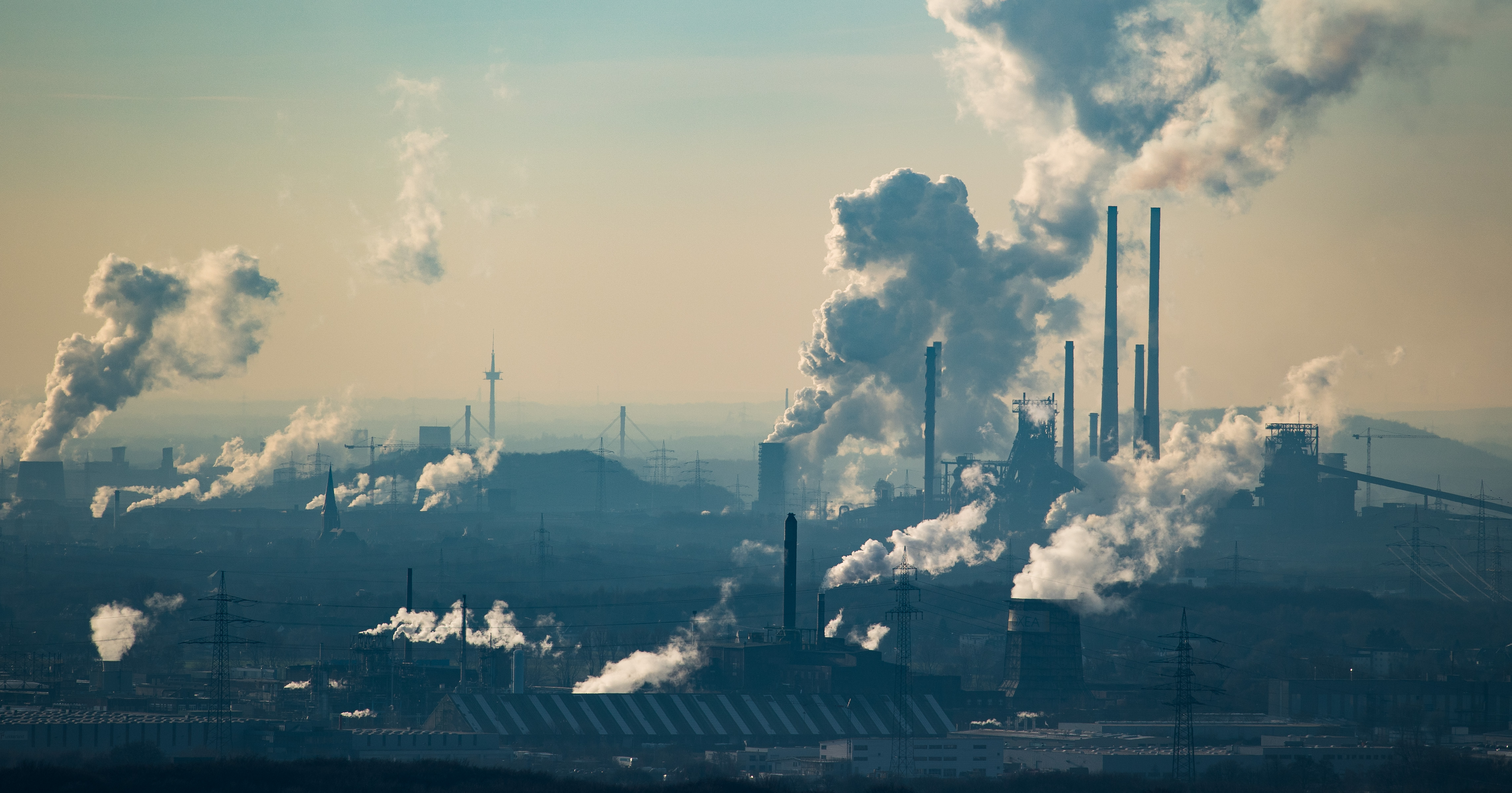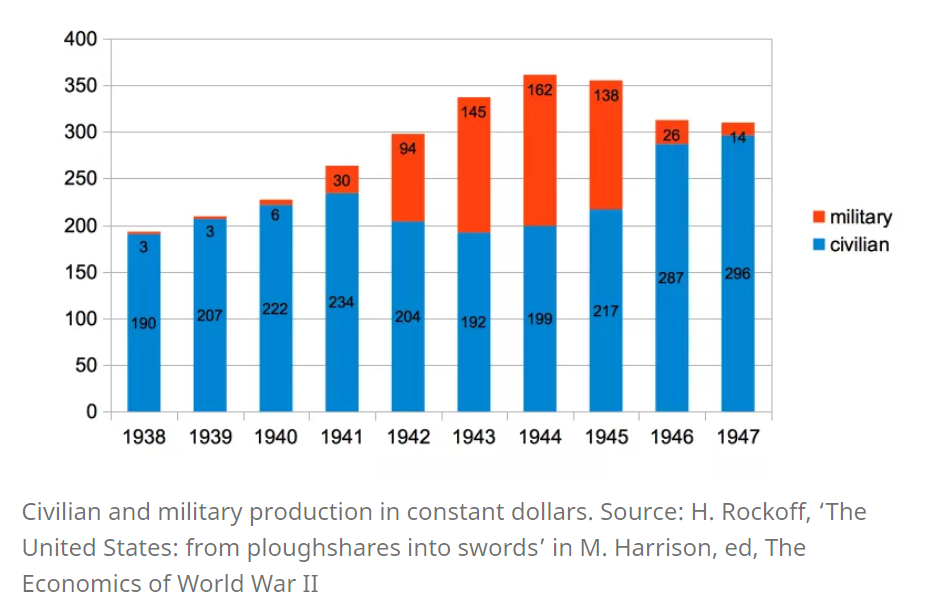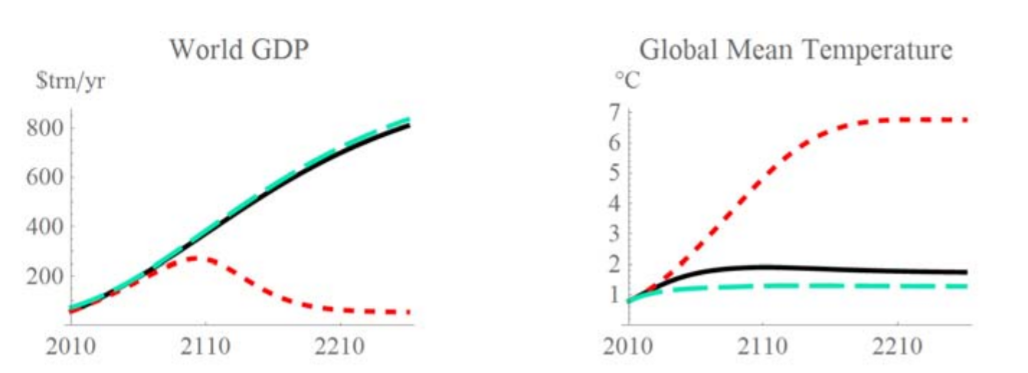Fighting climate change is not going to cost you anything
We can have solar panels and butter


The entire political debate about climate change is backwards.
The traditional narrative goes something like this: Fighting climate change is going to cost a ton of money. Therefore any policy program must be rigorously analyzed to figure out if it is the most efficient option. That is the background assumption of the so-called "lukewarmers," who make outrageously dishonest cases for basically ignoring climate change because it will cost too much, but also for the cadre of economists designing revenue-neutral carbon taxes so as to maximize efficiency.
Not only is this picture false, climate policy would have the precise opposite effect. A ferociously aggressive program of climate investment would drastically increase overall economic production, and be beneficial on net for nearly every American. Conversely, failing to act on climate change would almost certainly cause spectacular economic devastation.
The Week
Escape your echo chamber. Get the facts behind the news, plus analysis from multiple perspectives.

Sign up for The Week's Free Newsletters
From our morning news briefing to a weekly Good News Newsletter, get the best of The Week delivered directly to your inbox.
From our morning news briefing to a weekly Good News Newsletter, get the best of The Week delivered directly to your inbox.
Now, of course it's true that climate policy would require a whole lot of direct spending. We need to build out hundreds of billions of dollars in renewable energy and storage, modernize the electrical grid, accelerate the development and deployment of electric vehicles, make heating and cooling drastically more efficient, construct national passenger rail, and on and on. More or less the entire economy needs to be overhauled.
In a country that was roaring along at full employment and maximum production, that would indeed be an expensive program. But the key fact about the United States (and virtually every other wealthy nation) is that we are not at full economic capacity, and haven't been since 2007 — and that means a big spending program could restore full production. Idle capacity would be brought back online, and capacity that has decayed — as long-term unemployed workers have lost skills, and businesses have shut down or foregone improvements — could be restored by pressing hard on demand. With a labor shortage, idle workers could be retrained, and plants and equipment could be updated. As economist J.W. Mason has calculated, we are something like $3 trillion (or more than the entire GDP of California) below the 1945-2007 output trend. A crash program of investment might not make up that entire gap, but even two-thirds of the way would be an explosion of prosperity for average people.
In another fascinating post, Mason cites evidence from the Second World War, the most relevant historical example of this logic. In 1939, the economy was badly depressed, but was stoked up to red-hot levels with war spending. Remarkably, a gigantic increase in war spending barely infringed on the consumer economy at all. Instead, almost all the war production came on top of the existing consumer economy:

A free daily email with the biggest news stories of the day – and the best features from TheWeek.com
Civilian production did decline a bit — mainly because various war-critical industries like steel, aluminum, oil, and rubber were reserved almost entirely for the military. But it was only about 4 percent in total. And while there were various rationing programs during the war, this was mostly to suppress inflation that would have resulted from the huge rise in incomes: From 1940-44, total civilian wages and salaries increased by 170 percent.
What's more, a crash climate investment program would be almost entirely spent inside the country. Instead of spending tons of resources on ships, tanks, and airplanes that then get sunk or blown up, green investment would be in internal improvements that provide long-term usefulness for the citizenry.
Of course, certain industries — coal, oil, and gas above all — would have to be extirpated, while other (like automobiles) would have to be totally overhauled. Taxes on the rich would have to go up considerably. But even if the climate program does infringe on the rest of the economy, the diversions will still be on behalf of almost all Americans.
That brings me to the climate scenario that actually would be incredibly costly — namely, doing nothing. That is partly the subject of a paper by Armon Rezai, Lance Taylor, and Duncan Foley at the Schwartz Center for Economic Policy Analysis. They present a sophisticated model examining how climate change might affect the world's economic future. After a lot of complicated math, they predict that unchecked climate change would more or less wreck everything. In a "business-as-usual" trajectory:
[R]apid growth generates high net emissions which translate into rising global mean temperature, surpassing 4°C at the end of the century and stabilizing at 7°C in 300 years. As temperature rises and climate damages increase, the profit rate falls. Investment levels are insufficient to maintain aggregate demand and unemployment results. After this boom-bust cycle, output is back to its current level after 200 years but due to increases in labor productivity, employment relative to population falls from 40 percent to 15 percent. [Rezai et al.]
Here's what that looks like in chart form. The red dotted line is business as usual, while the black line is a moderate program to stabilize warming at 2 degrees Celsius, and the dotted teal line is an aggressive effort to stop at 1.3 degrees:

(Courtesy Schwartz Center for Economic Policy Analysis)
So about 62 percent of the currently-working population would be unemployed, and the world economy would lose two entire centuries of growth. But on the other hand, if warming can be headed off, then growth can continue trundling along.
Of course, as I've written before, economic prognostications are inherently very uncertain. The takeaway here should be that — contrary to glib neoliberal assumptions of infinite growth no matter what — it is easily possible to write down a credible economic model in which unchecked climate change leads to devastating economic collapse. And given the extreme costs of Hurricanes Harvey and Maria, with warming at only 1 degree Celsius, it's not at all hard to believe.
So if we are to put on our accounting hats, and think about what's the best for the American pocketbook, the answer is clear: Stop global warming, as fast as possible.
Ryan Cooper is a national correspondent at TheWeek.com. His work has appeared in the Washington Monthly, The New Republic, and the Washington Post.
-
 The best new cars for 2026
The best new cars for 2026The Week Recommends From SUVs to swish electrics, see what this year has to offer on the roads
-
 Trekking with gorillas in the warm heart of Africa
Trekking with gorillas in the warm heart of AfricaThe Week Recommends Great apes and an unforgettable encounter with elephants in the forests and swamps of the Congo
-
 New START: the final US-Russia nuclear treaty about to expire
New START: the final US-Russia nuclear treaty about to expireThe Explainer The last agreement between Washington and Moscow expires within weeks
